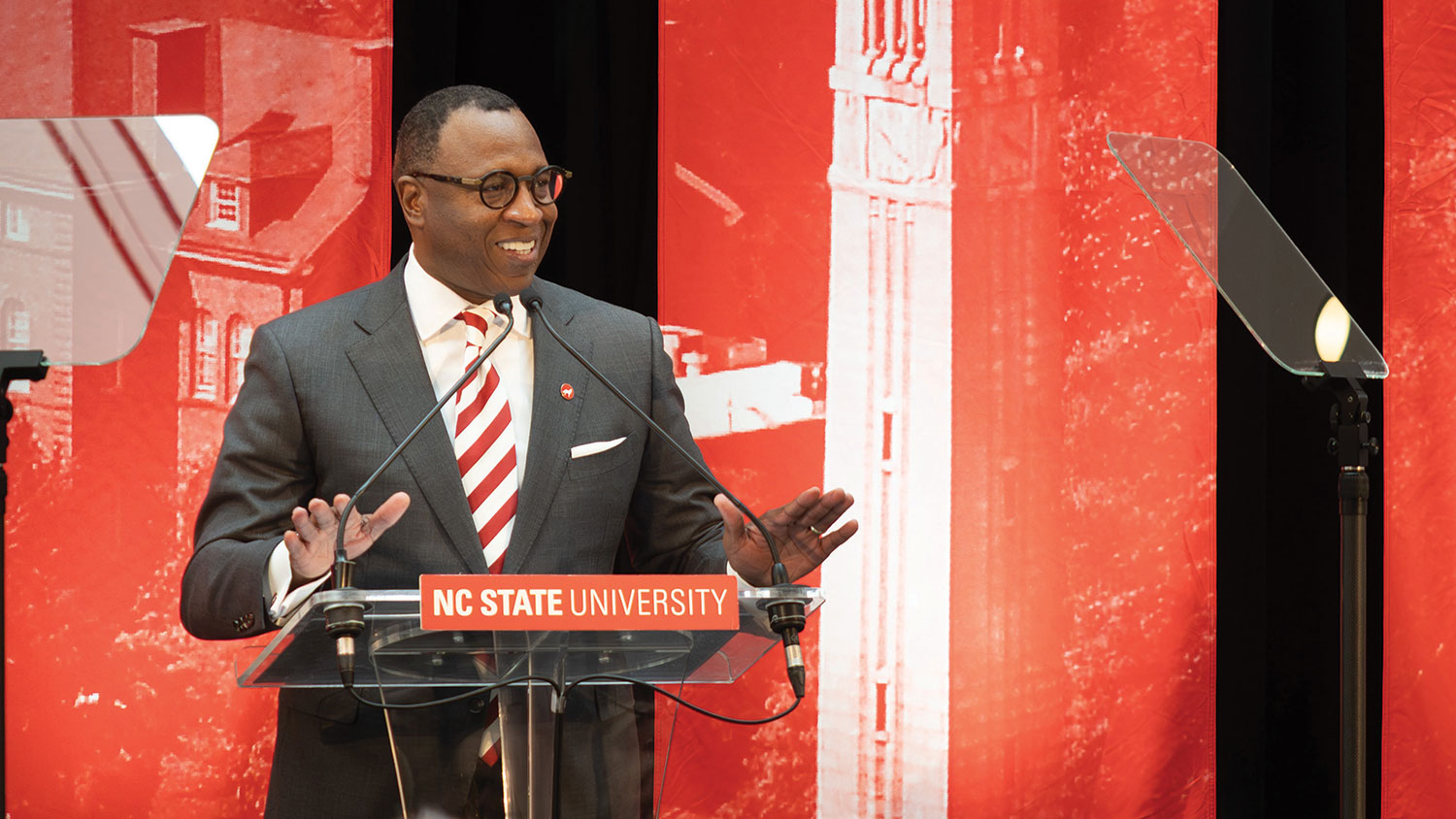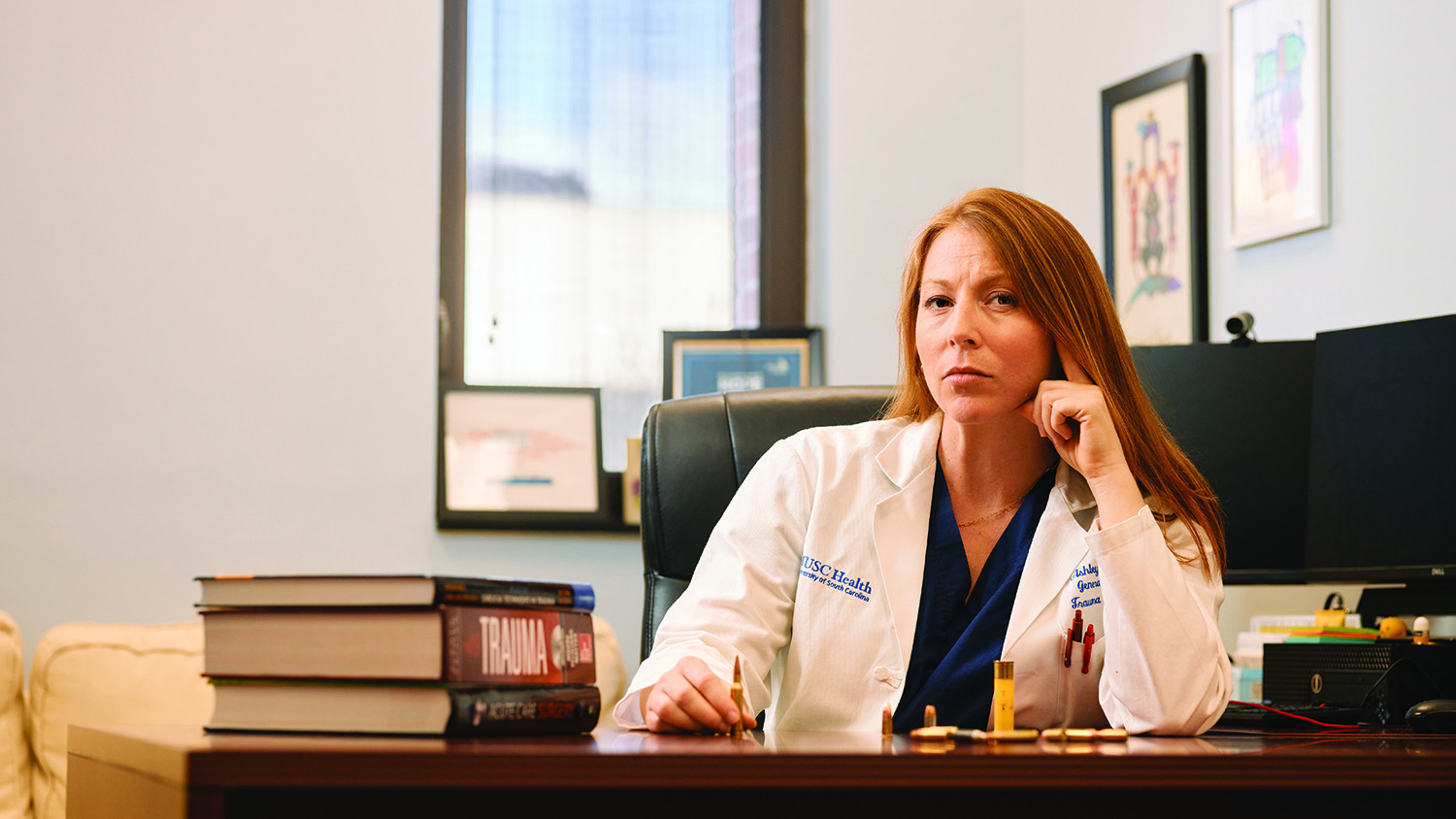Dean Jeff Braden Reflects on A Father’s Ethical Legacy

I recently traveled to a senior center in Milwaukee to hear the Bruce M. Braden Memorial Ethics Lecture. The name of the lecture was no accident; it was named in memory of my father, who was a founding member of the center’s Ethics Committee.
Although I always enjoy visiting the center (among other reasons, it’s about the only place where I’m routinely addressed as “young man”), I was especially motivated to make this trip. Many of the committee members with whom my father had served were joining local mental health professionals for the talk, given by a local physician on end-of-life issues and palliative care.
As the lecture approached, I realized that my father’s vigorous (some might have said “rigid”) and unwavering commitment to ethics was no doubt influenced by a strict fundamentalist upbringing and his service as a barely 18-year-old in World War II. Those experiences left my father deeply skeptical of people and institutions making decisions for others by appealing to unquestioned authority, whether it be the church or the state. He could not comprehend how people felt their religious beliefs entitled them to dictate the course of other people’s lives, and he never reconciled how one of the most advanced civilizations in the history of our planet devoted its immense resources to exterminate Jews, Gypsies, the mentally ill—in other words, those on the margins of German society. Those experiences left him with a profound skepticism regarding the ability of institutions to be good ethical stewards. Yet they also instilled in him a passion for social justice that he carried through his professional life as a social worker and until the very end of his life.
My father committed himself to two things: First, those about whom decisions are being made must have a place at the table when those decisions are made. Second, the search for ethics is a task than can never be completed—and can never be put aside. It is a constant struggle for individuals and for institutions—and both must be constantly challenged to hold themselves and others accountable for acting ethically. I’m proud to say my father created patient boards and human subjects review committees that made his life as a hospital’s mental health administrator less comfortable than it could have been, yet he never questioned their necessity.
So, what does all this have to do with being a dean? Plenty. I strive to emulate my father’s example by meeting regularly with students, staff, faculty, alumni, friends, and their families. Sometimes they remind me of things I’d rather forget, such as the fact that budget cuts in our college means losing classes and jobs.
But I also think it works both ways, that those in the community, alumni, leaders, and voters, need to engage with us, to take the time to learn what we do, to understand the value of the scholarship we produce for our economy and our society. In this way they can fully understand the ethical impact of the decisions we must all make in trying times. I hope you will join me in first and foremost learning about the amazing accomplishments and contributions of our students, faculty, and staff by reading this newsletter (or even better, joining us at our events!).
I challenge you to share what you learn about CHASS with your neighbors, friends, and leaders in business and government so that they understand the importance of the humanities and social sciences at North Carolina State—and more importantly, for the state of North Carolina.
Jeff Braden, Dean
College of Humanities and Social Sciences


